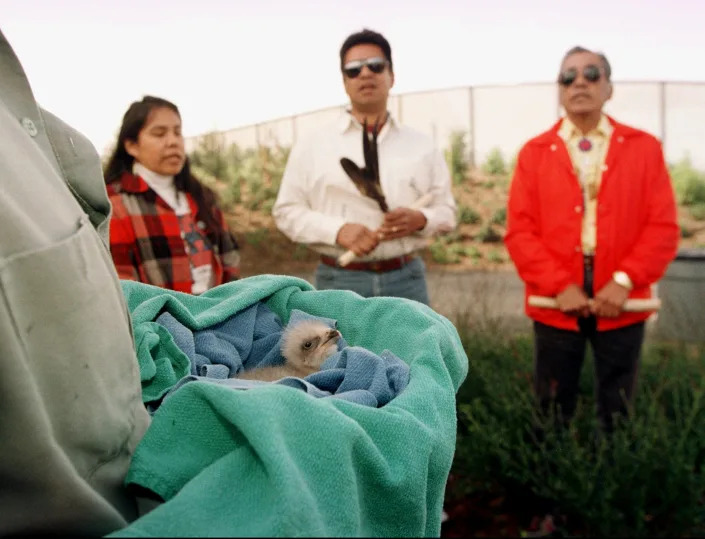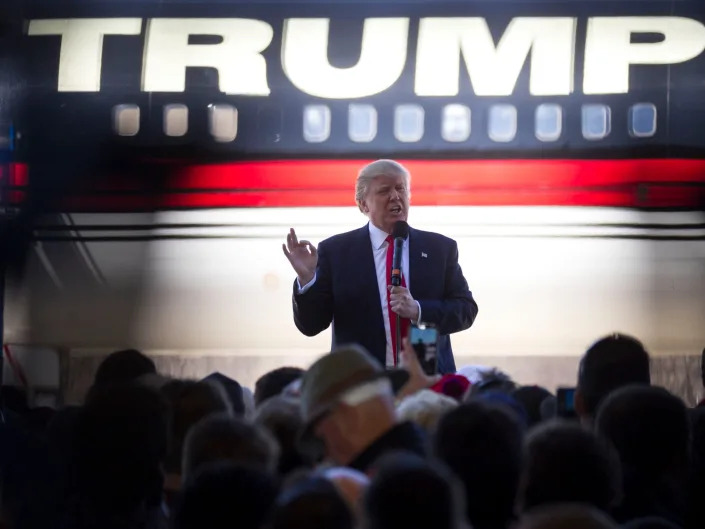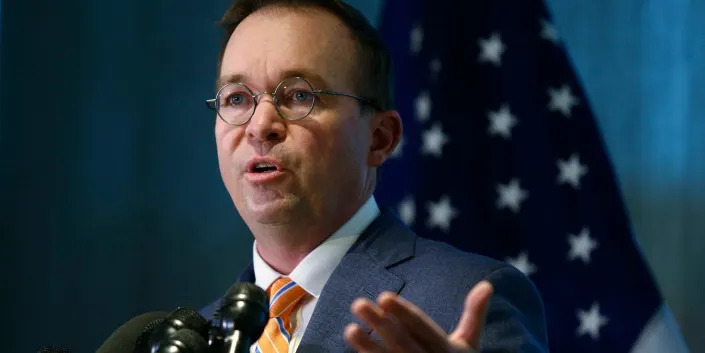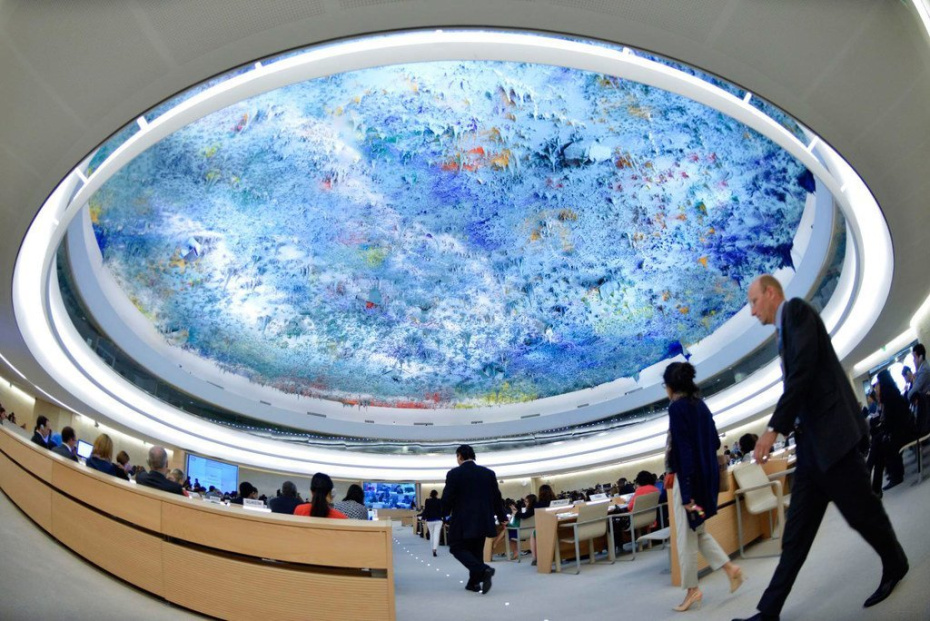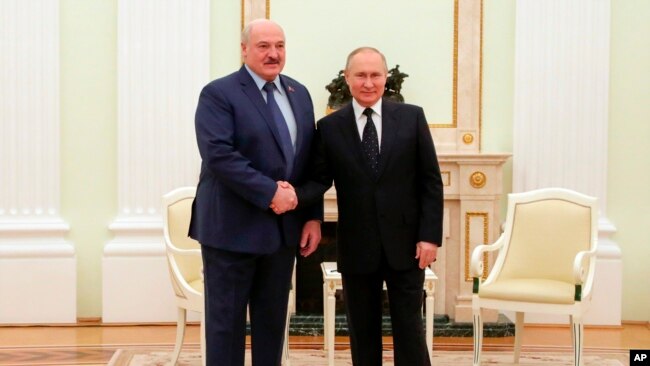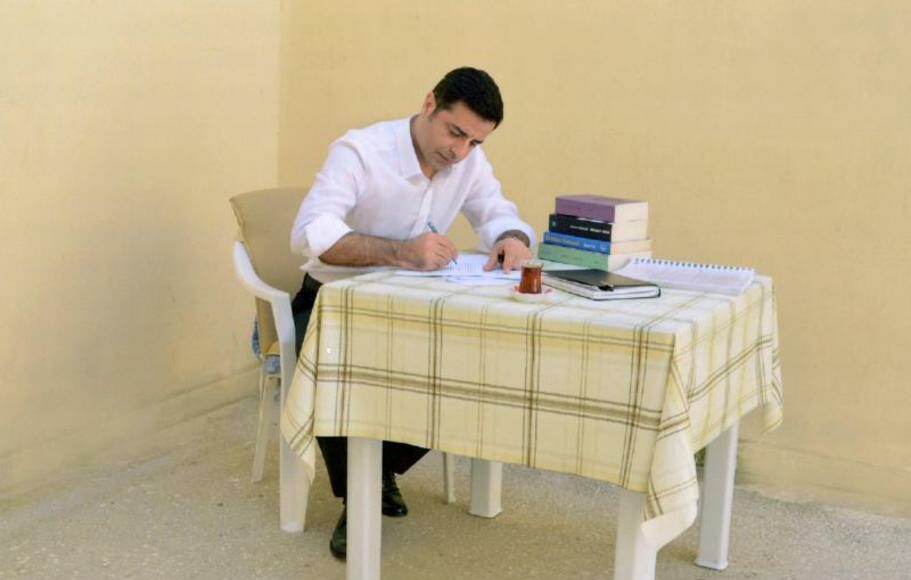California was home to over 1 million Native Americans before Spanish settlers arrived in 1769. By the 1920s, less than 20,000 were alive.
Almost one-quarter of Spanish missions in California were located in the Bay Area, and in 1925, anthropologist Alfred Kroeber wrote that the Muwekma Ohlone Tribe from the San Francisco Bay Area was “extinct for all practical purposes.”
Kroeber’s book was considered the “authority on California Indians” for decades, said Alan Leventhal, the Muwekma Ohlone's archaeologist and ethnohistorian.
The tribe has always bucked those claims and, now, there's scientific evidence on its side: Living Ohlone tribal members have a DNA link to their Bay Area ancestors from thousands of years ago, according to new research.
THIS IS AMERICA: Sign up for USA TODAY’s free weekly take on the news from reporters from a range of backgrounds and experiences
The study, published this month in the Proceedings of the National Academy of Sciences, studied eight present-day tribal members and 12 ancient individuals from the Bay in two settlements occupied as far back as 1345 C.E. and 490 B.C.E.
DNA analysis from the ancient individuals and modern tribal members revealed genetic links between the two groups, a finding that was somewhat surprising to researchers considering the massive decimation Spanish settlers brought to the population. To the tribe, it only affirmed what they already knew.
The Ohlone have been petitioning the U.S. government for federal acknowledgment for almost 30 years. But the process has been entangled in legal battles and bureaucratic red tape. The new findings will be an “eye-opener” for policymakers, Leventhal said.
“This becomes a vehicle for those people who would not take notice, or who would doubt about the tribe’s validity and veracity – that perhaps this was another example of injustice toward a population of people who have resided in the San Francisco Bay Area for 12,000 years,” he said.
The study is innovative in several ways, said Noah Rosenberg, co-author of the paper and professor of population genetics and society at Stanford University. The type of genomic analysis that researchers used has only been developed within the past decade.
NATIVE AMERICANS IN CHICAGO HAVE HIGH OPIOID DEATH RATES: So why won't they get tribal settlement money?
Another novel aspect of the research, Rosenberg said, was researchers and tribal members working closely together and creating objectives that mutually benefitted both parties. Throughout the process, the tribe had full oversight of their ancestral heritage sites.
“The questions posed were developed together, with the tribe, based on their understanding about oral histories and their own records,” Rosenberg said. “Their ancestors had been in these locations in the East Bay for a very long time.”
He hopes this study will become a “case example” of collaboration between archaeologists, genomic researchers, and tribal leaders.
Although only about 500 Ohlone ancestors are alive today, the new research resurrects their history, Leventhal said. The tribe is in its final throes of trying to achieve federal recognition.
“Privately, this further validates the tribe,” Leventhal said. “Now, as politicians are reading, they're noticing. And now we'll be lending support for the tribe's reaffirmation.”
'TREAT ITS COMMUNITY MEMBERS WITH DIGNITY AND RESPECT': Rare move by United Nations nudges US to intervene in Native American eviction dispute
This article originally appeared on USA TODAY: California tribe isn't 'extinct,' after all: DNA links Muwekma Ohlone
